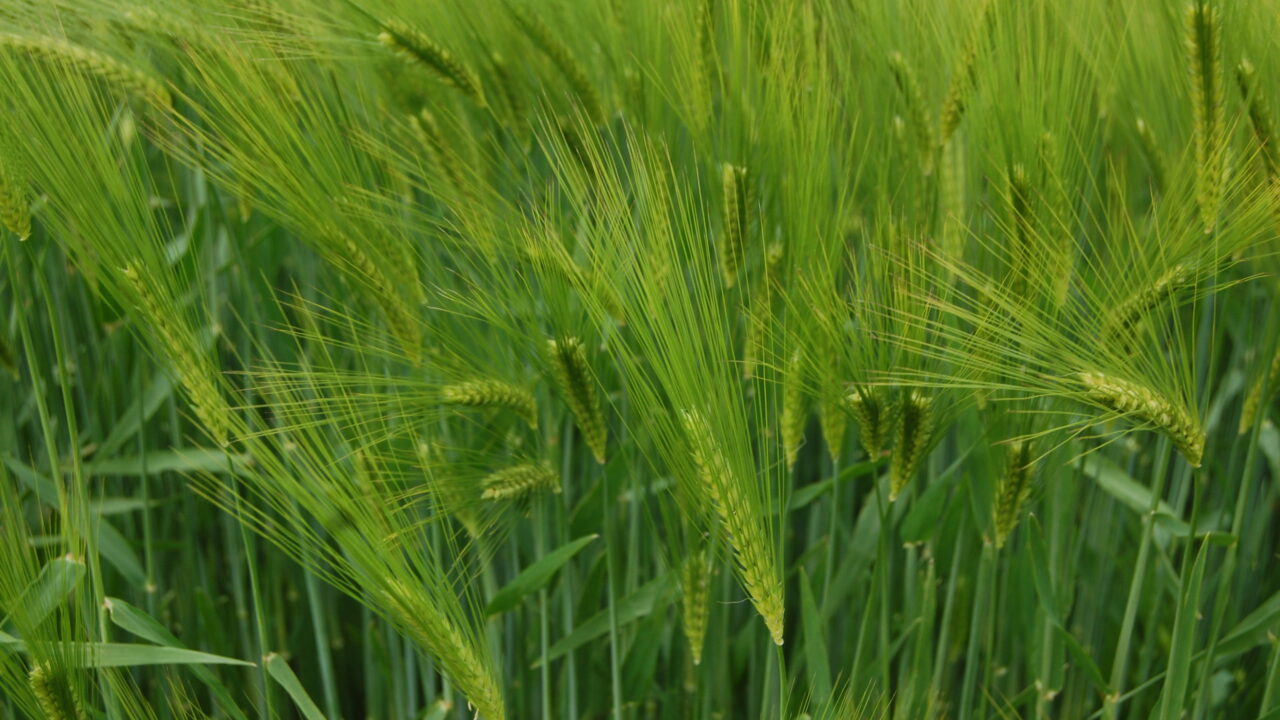Winter barley crops should be sprayed with a growth regulator over the coming days to ensure they remain standing through to harvest, according to Drummonds’ agronomist Dermot Meehan.
“Barley crops have wintered extremely well in my catchment area of North Co. Louth,” he said.
“Plant numbers are excellent and disease pressure remains low. And now is the time to spray crops with a growth regulator. Barley crops grown in the Louth area also require additional zinc, as the lighter soils in the region are deficient in this trace element. It is easily applied as part of the growth regulator tank mix.”
Meehan confirmed that winter barley crops received an initial dressing of 10:6:26 plus S fertiliser a number of weeks ago.
“This should be topped up over the coming days with 3 bags to the acre of a Nitrogen fertiliser with added sulphur. The aim is to bring the total N application levels up to between 150 and 155 units per acre. Crops sown out after a grass ley will need a little bit less nitrogen.”
Disease levels in crops remain extremely low, according to the Drummonds’ agronomist.
“Some growers applied a proline type product at the T0 stage. However, the next target spray date is fast approaching. Crops should be treated with a proline based product between Growth Stages 30 and 32. This is about two to three weeks away.
“Rhyncosporium remains the main disease threat for barley crops. The weather over the next few weeks will determine the extent of the disease pressure on crops this year.”
Spring barley and winter oats are the other two mainstream cereal crop options grown in the Louth area.
“Spring sowing is still underway in this area,” said Meehan.
“Crops that were sown out three or more weeks ago are now starting to peep through, after a very cold start. Winter oat crops are looking tremendously well. They will need to be sprayed with a growth regulator over the coming days.
“I would also advise the addition of zinc and manganese into the spray tank. Zinc deficiency issues are local to the Louth area, however, oats crops grown anywhere in Ireland are susceptible to manganese deficiency problems.”
